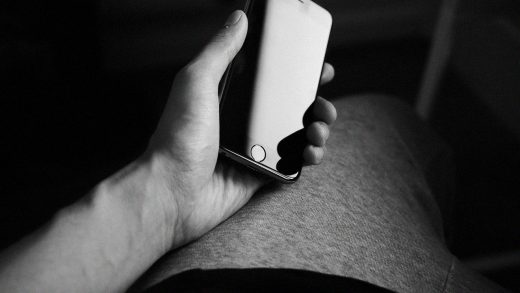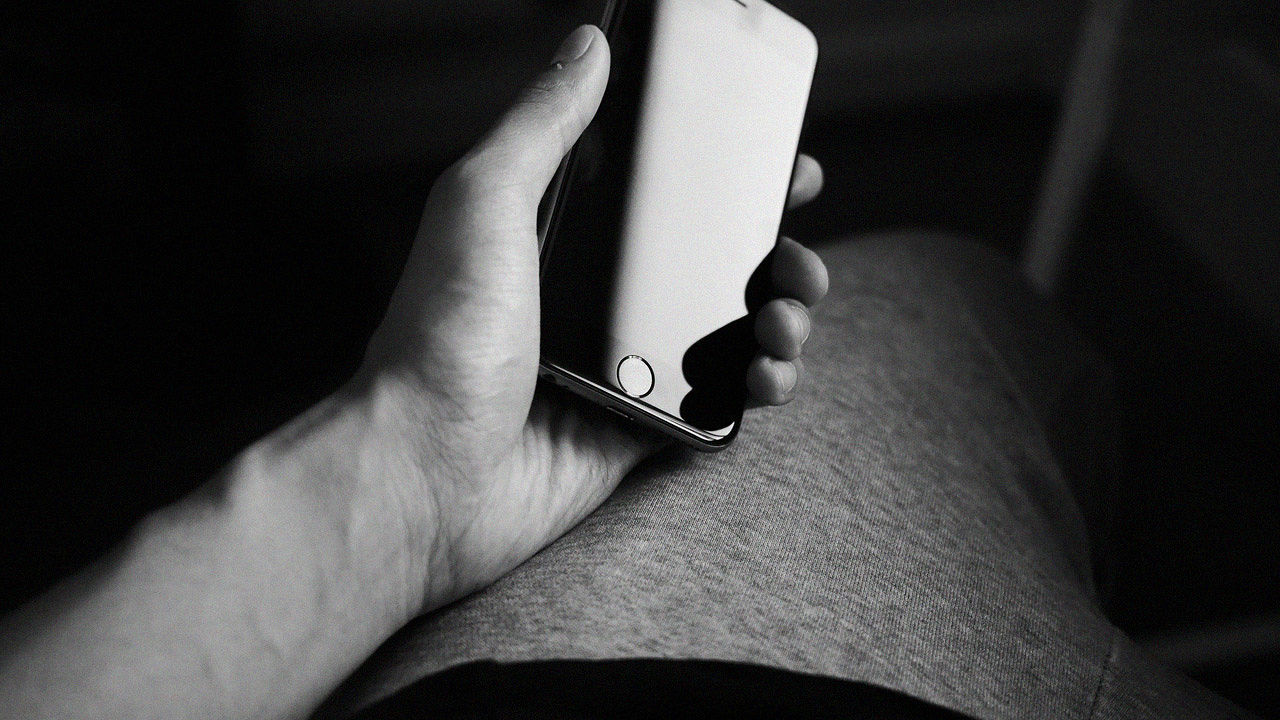What Happened When I Gave Up Social Media For A Month
I’m not on Instagram, and I rarely use Pinterest. I’m on Twitter, but I’m not very active. My social media of choice is Facebook, where I have a personal account. I tell myself I use it to keep in touch with family and friends who live in other states, but mostly it’s my method of procrastination. I write a lot about productivity, and I’ve done stories about the shot of the feel-good hormone dopamine you get when you check social media and email, yet I didn’t realize how often I went looking for that fix until one of my main supplies was cut off. I had just taken 30 days away from television, and the experience was liberating. I thought a break from social media would be similar—and maybe even easy, but I was wrong.
Anxiety About How Connected You Are Means You Need To Disconnect
Day one and I felt like a junkie looking for stimulation. So I turned to my email inbox, fielding messages as they came in. Then I started checking blogs I like to read to see if the writers had posted anything new. I assumed, like with my TV break, that the first week would be the hardest, and then a sort of euphoria would kick in. But it didn’t. Instead, I felt more and more isolated. Like everyone I knew was at a big party and I couldn’t go. I was sure I was missing out on something.
Those feelings are a sign that you need a social media break, says neuropsychologist Sanam Hafeez, a faculty member at Columbia University. “When you feel anxious because you haven’t updated your profile or aren’t ‘connected,’ that’s exactly when you should disconnect,” she says.
Part of my challenge is that I work from home. My “coworkers”—other writers I’ve met online in writer’s forums and in person at conferences—stay in touch throughout the day via social media. It’s our watercooler. This kind of connection is good as long as it’s not replacing more meaningful, face-to-face interactions in your life, says Michael W. Smith, WebMD chief medical editor. In some cases, it’s possible to go from friendly exchanges to something more serious.
“More and more research suggests that social media addiction is a real phenomenon, with symptoms similar to other addictions,” says Smith. “Researchers are finding chemical changes in certain pleasure areas of the brain. That sounds like a good thing, but just like many other addictions, it becomes a problem when a little pleasure starts to disrupt the rest of your life.”
How To Detox
While I don’t believe I have an addiction, I’ll admit it was tough going cold turkey. Hafeez says it helps to start small: “Begin with checking in every three hours for 10 minutes, and set an alarm or enlist a buddy who will text you to check in to make sure you aren’t on social media,” she says.
You can also take one day a week away, or adopt house rules around certain times of day, suggests Hafeez. “Some friends and families have a no-phones-during-dinner rule; others even have a phone-free weekend rule,” she says. “This allows people to remember what it feels like to be fully present, and soon they won’t even realize they have been off their phone and off social media for hours.”
At the very least, turn off the notifications you get on your phone when you get a new message, says developmental psychologist and social media expert Michelle Drouin. “We are social beings—adaptable social beings,” she says. “Those pings grab our attention and hold it. When you step away from social media, you are able to start attuning to the other social signals in your life, like social overtures from your friends, your partner, your children.”
Psychologists agree that social media should be used as a downtime activity and not during work hours. “Make it a treat and a way to shake off the day,” says Hafeez. “This frees up the mind to focus fully on work. When you make it a downtime activity for pleasure, then it serves as a form of entertainment, not as a dominating part of your life.”
But be forewarned; people who are prone to the fear of missing out (FOMO) will have a hard time taking a break, says Drouin. I discovered to my surprise that I’m in this camp. Three days into my fast, I attended a farewell party for my favorite trainer at the gym, who is moving out of state to get married. Even though I had physically been at the party having fun with friends, I felt like I had missed out on something when I couldn’t go on Facebook the next day to look at the photos.
What Happened When I Came Back
When the 30 days were over, I anxiously opened my account to see what was going on. The first post I saw was a video my cousin shared of her husband being acknowledged on stage by the Zac Brown Band for his service in the military. It made me remember why I missed checking in.
Then came the critical posts. Lots of them. I’d been away from social media when Hillary Clinton reached the number of delegates needed to clinch the Democratic nomination, and when the shooting in Orlando happened. While I respect the opinions of others, especially those that are well stated and make me think, I wonder if venting online makes a difference, or if it simply allows us to be judgmental without really doing anything about it? When I came back, social media looked and felt a lot different to me.
“Being away for a month allows the brain time to create new neuropathways, which means new behaviors and routines begin to replace old ones,” says Hafeez. “So if you typically reached for your phone when you woke up to check Facebook, after 30 days, you would have adopted a new ritual, which is the new normal.”
My new normal became reading blogs I found inspirational, educational, or just fun. I immediately adjusted my Facebook news feed to be in alignment. I also noticed that I was starting up casual conversations with strangers more than I normally do—those face-to-face interactions Smith had mentioned.
It took me the entire 30 days to appreciate the results of my fast, and to realize that while everybody was at the “party,” I hadn’t missed out on much at all.
Fast Company , Read Full Story
(6)



